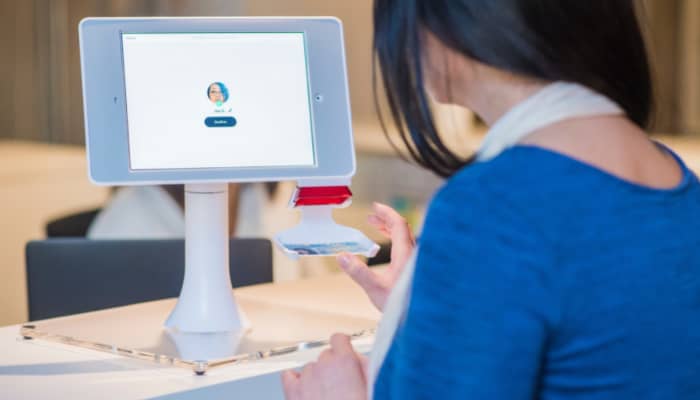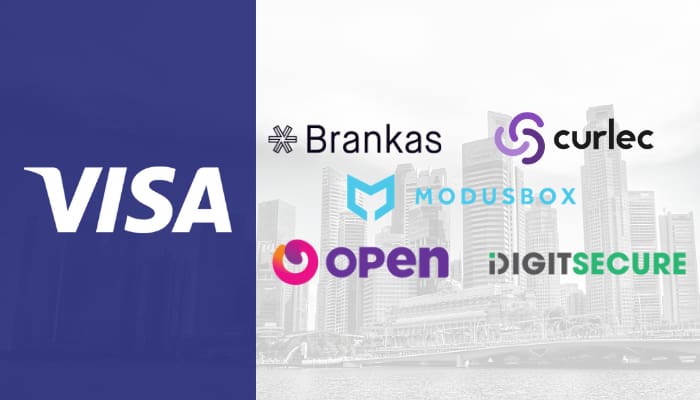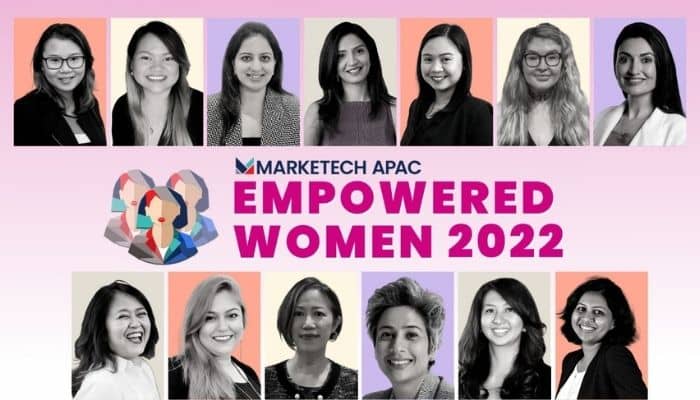Manila, Philippines – The move towards a cashless society in the Philippines is becoming more evident, with the latest study from Visa unveiling that around 84% of Filipinos have tried going cashless in favour of digital payments, while 60% of Filipinos say that they are carrying less cash nowadays.
According to the report, cashless payment usage in the country is increasing across a variety of payment options, where Filipinos’ have a preference to use mobile wallets (64%), card payments online (52%), card payments at physical merchants (44%), and QR payments (31%). This shows that the pandemic has also driven the uptake of cashless payment methods, especially mobile wallets and card payments online, with a large number of first-time users due to the pandemic.
Dan Wolbert, country manager for the Philippines and Guam at Visa, said, “While cash is still commonplace in the Philippines, the preference for cashless payments is clearly gaining momentum. Our study showed more Filipinos are confident to get by without cash and for longer periods of time – with more than half feeling confident to get by for a week or longer, as cashless payment options grow.”
Contactless payments, on the other hand, are seen as an emerging payment method in which consumers showed high interest. Eighty-three per cent of Filipinos are aware of contactless payments while 69% have made contactless payments in 2021, up from 66% in 2020.
Wolbert added, “Filipinos believe COVID-19 has accelerated the country’s transition to a cashless society by at least three years. Now, seven out of 10 consumers anticipate that the Philippines can become fully cashless within the next seven to 10 years.”
The report noted that in 2021, the pandemic continued to be the main driver of online shopping growth, especially digital purchases made via e-commerce apps. More consumers turned to online shopping and started using apps or websites to shop for the first time. Movement restriction orders in the past year also led to an increase in in-home spending that included home office products, groceries, personal care items, and content platform subscriptions.


















